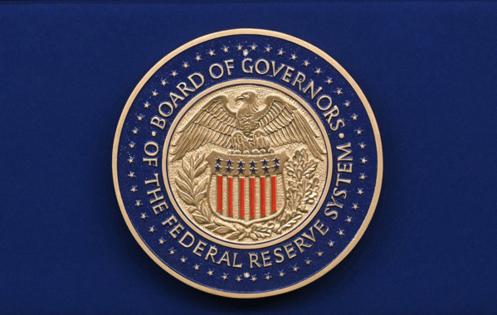US producer price index rises on higher energy, food costs
Published in Business News
U.S. wholesale inflation picked up in September from a month earlier on higher energy and food costs that offset more modest advances in other consumer goods.
The producer price index rose 0.3% from a month earlier after easing in August, according to the Bureau of Labor Statistics. The increase matched the median projection in a Bloomberg survey of economists.
Excluding food and energy, the PPI rose by less than forecast from August and climbed 2.6% from a year ago — the smallest gain since July 2024.
The report out Tuesday, originally scheduled for Oct. 16 release, was delayed by the government shutdown. BLS did not announce a date for the October PPI in Tuesday’s release.
The wholesale price data surface a month after the September consumer price index, which showed softer-than-expected inflation. The PPI suggests companies, worried that steeper costs risk driving customers away, were limiting the degree of price hikes to compensate for higher import duties.
In separate government data, retail sales rose modestly in September, suggesting some consumers hit pause after several months of robust spending.
“Overall, there is just enough softness in today’s two reports — with respect to the economy’s resilience and inflation — to keep market expectations primed for another Fed rate cut” next month, Sal Guatieri, senior economist at BMO Capital Markets, said in a note.
The September PPI and PCE reports will be among the last key inflation readings the Fed will have on hand by the time officials next meet on Dec. 9–10. Policymakers remain divided over whether to cut interest rates as they debate the employment outlook with inflation still running above their goal.
Wholesale goods prices rose 0.9%, with 60% of the increase due to higher gasoline costs, the PPI report showed. Consumer goods prices minus food and energy posted the smallest advance since March.
Tame services
Services costs were unchanged after declining a month earlier, the PPI report showed. Margins shrank for machinery and equipment wholesalers and rose at food wholesalers. Airline passenger services also picked up.
Economists and investors closely track the PPI because several of its components feed into the Federal Reserve’s preferred inflation gauge, the personal consumption expenditures price index.
In addition to airfares, those categories were mixed. Portfolio management fees and hospital outpatient care decreased, while the cost of nursing home care picked up.
The Bureau of Economic Analysis said Monday that on Dec. 5 it will issue September PCE price data, along with income and spending figures.
A less-volatile PPI measure that excludes food, energy and trade services edged up 0.1%, the smallest gain in three months.
_____
©2025 Bloomberg News. Visit at bloomberg.com. Distributed by Tribune Content Agency, LLC.












Comments